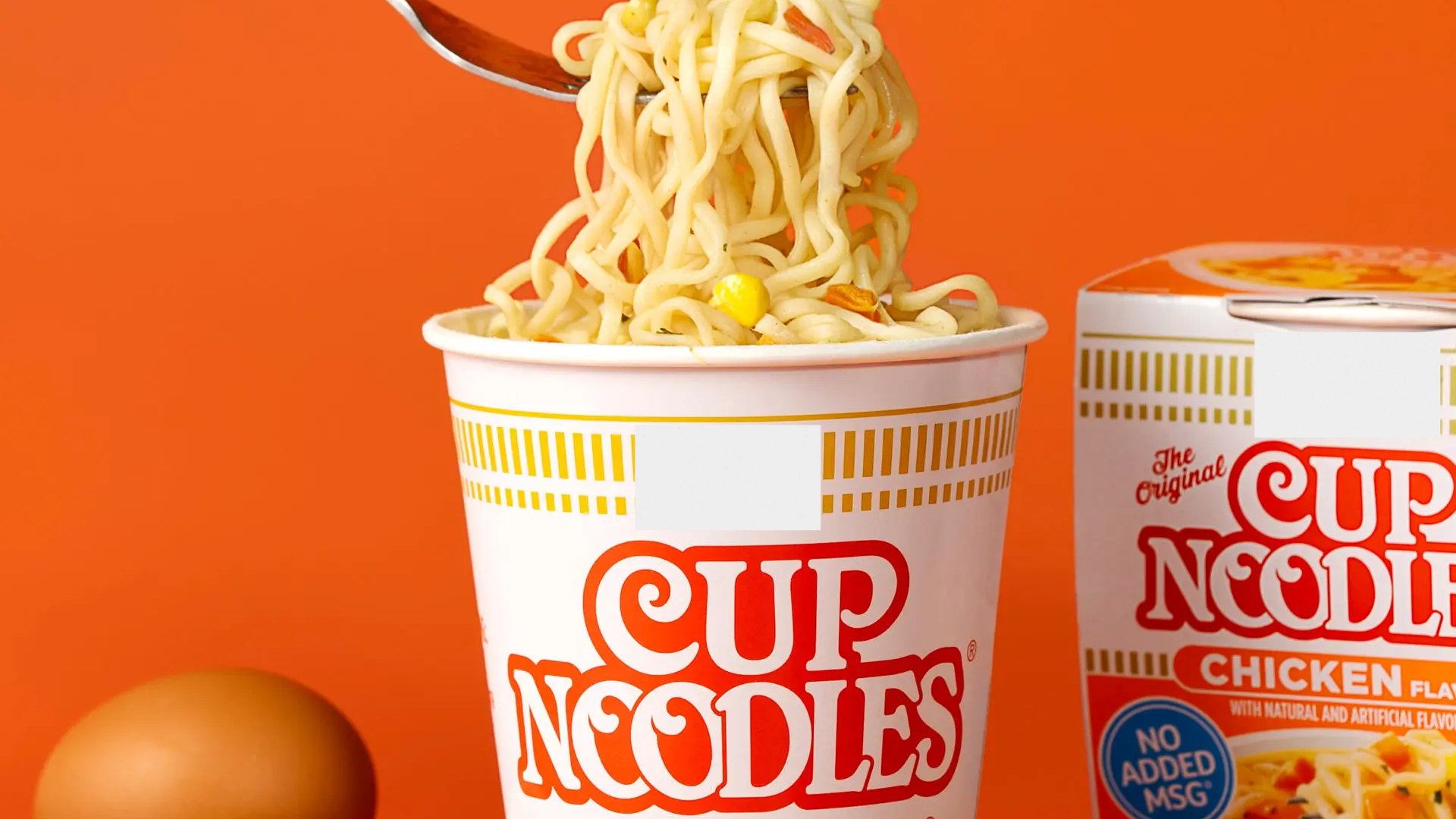For individuals with diabetes, managing sugar intake is crucial to maintaining stable blood sugar levels. Diabetologists often advise patients to limit their consumption of sugar, as it can cause a rapid spike in glucose levels. While natural sugars are generally considered healthier, added sugars found in many processed foods should be avoided. Packaged foods, including the beloved instant noodles, often hide added sugars, making it essential for individuals with diabetes to be vigilant about their choices.
Experts emphasize that all foods have an impact on the body’s blood sugar levels, with the degree varying among different types of foods. Instant noodles, a popular go-to option for many, fall into the category of carbohydrates, which includes sugars. Dr. Medical Professional notes, “The sugar content in a cup of noodles may vary based on the brand and flavor. Typically, instant noodles have a higher carbohydrate content, including both complex carbohydrates and added sugars.”
Understanding the glycemic index (GI) is crucial for individuals managing diabetes. Foods with a lower GI have a slower effect on blood sugar levels, helping to maintain stability. “We often encourage patients to opt for healthier options like whole-grain noodles or noodles made from legumes,” advises Medical Professional. These choices are usually higher in fiber and have a lower GI, leading to a more gradual release of glucose into the bloodstream.
Most common noodles are made from refined wheat flour, a simple carbohydrate that can cause a rapid spike in blood sugar. “Thus noodles are a high glycemic index food,” explains Medical Professional. A single serving of noodles, typically around 70g, can provide approximately 45g of carbohydrates. In terms of sugar, this amounts to about 9 teaspoons, highlighting the significant impact on blood sugar levels.
Portion control is also crucial when it comes to consuming noodles. “We recommend monitoring the amount of noodles consumed in a single serving,” says Medical Professional. A cup of noodles can contain around 40-50 grams of carbohydrates, which may include varying amounts of sugar.
Additionally, plain noodles lack fiber, further exacerbating the glucose control issue. Medical Professional notes that incorporating vegetables and protein sources like eggs, chicken, paneer, or pulses can make noodle consumption healthier. “The only way to eat noodles in a much healthier way is to have only a half cup of noodles in one serving accompanied with lots of vegetables and a protein source,” suggests Medical Professional.
For individuals with diabetes, being mindful of carbohydrate intake, including sugar content in noodles, is crucial. “Opting for healthier noodle options and controlling portion sizes are essential steps in maintaining stable blood sugar levels,” advises Medical Professional .
However, personalized advice should always be sought from a diabetologist or registered dietitian based on individual health needs and goals. Consulting with a healthcare professional can provide tailored guidance to manage diabetes effectively while still enjoying favorite foods like instant noodles.
















